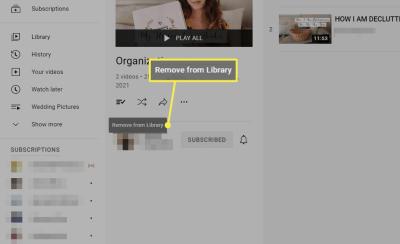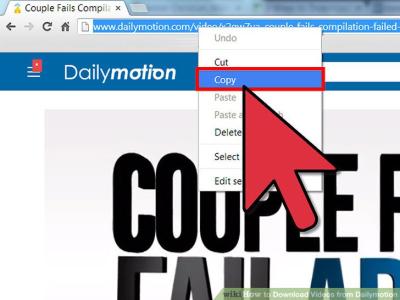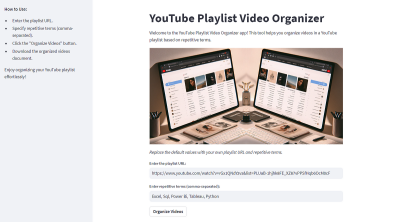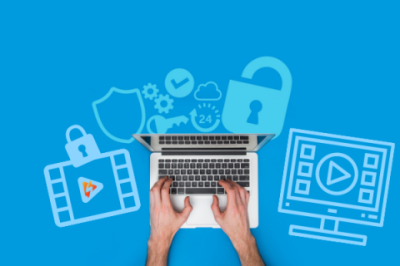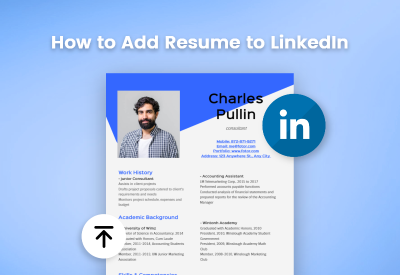When you scroll through YouTube, you might stumble upon countless gameplay videos showcasing your favorite games. But have you ever wondered: Is it okay for creators to share this content? Does YouTube allow pirated gameplay content? In this post, we’ll delve into the nuances surrounding gaming content, piracy, and the complex world of copyright laws that govern what can and can’t be posted online.
Understanding Piracy and Copyright Laws
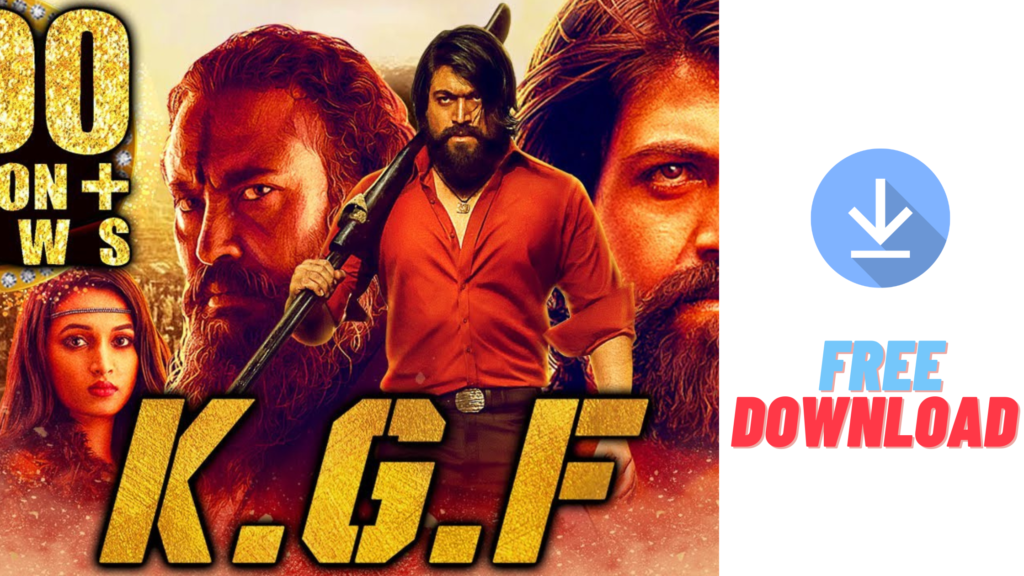
To get a grasp on whether YouTube permits pirated gameplay content, we first need to break down two crucial concepts: piracy and copyright laws.
Piracy refers to the unauthorized use, reproduction, or distribution of someone else's intellectual property, whether that’s music, movies, software, or, in this case, video games. When gamers upload gameplay videos using pirated versions of games, they are violating the rights of the game developers. This act can lead to serious consequences, not just for the uploader, but also for platforms hosting that content.
On the other hand, copyright laws are designed to protect creators’ works, giving them exclusive rights to control how their content is used. These laws vary by country but generally grant creators the authority to decide whether they want their gameplay footage shared. Here's a quick breakdown of the key legalities:
- Copyright Ownership: The creator of a game holds the copyright to its content, including characters, storyline, and assets.
- Fair Use: In some jurisdictions, limited use of copyrighted materials can be permissible under the "fair use" doctrine, like transformative commentary and criticism.
- DMCA Regulations: The Digital Millennium Copyright Act allows copyright holders to request the removal of infringing content from platforms like YouTube.
Understanding these points is essential for creators and viewers alike, as they navigate the blurry lines of content sharing in the gaming community. By respecting copyright laws, we can all ensure a healthier ecosystem where creativity can thrive without fear of infringement.
YouTube's Content Policy Overview
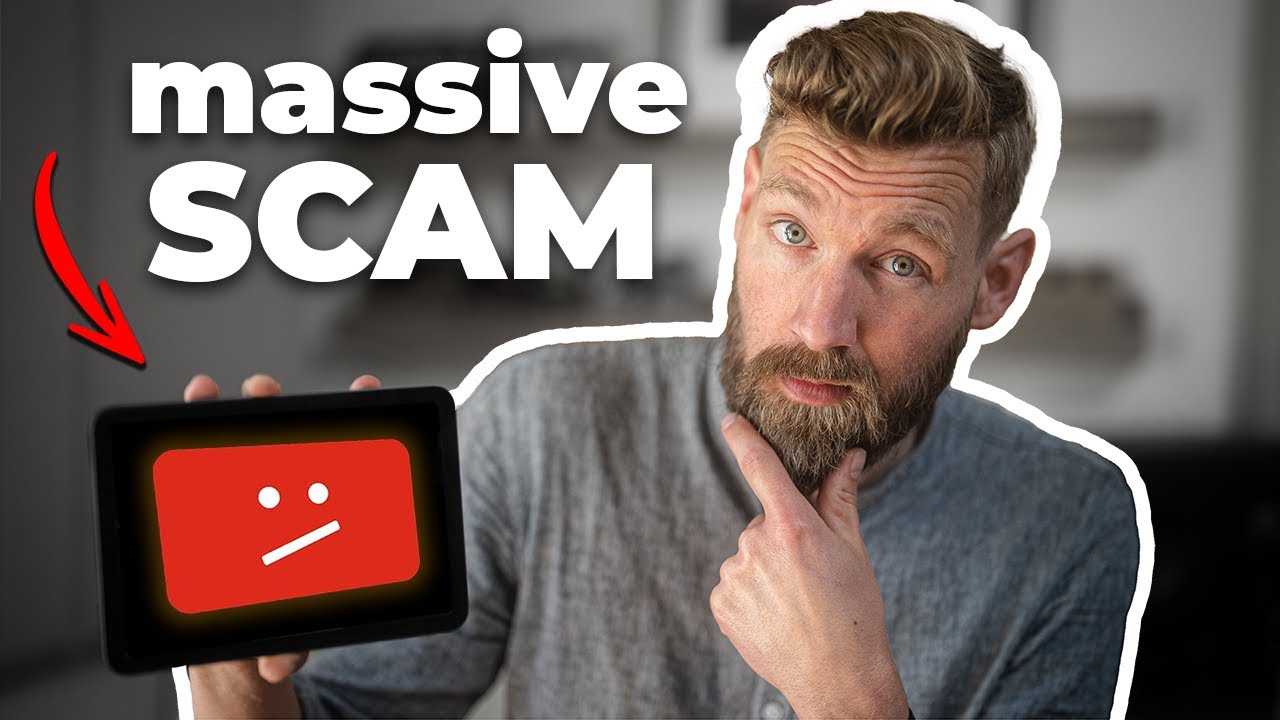
YouTube has a comprehensive content policy designed to ensure that the platform remains a safe and enjoyable space for creators and viewers alike. At the core of these policies is the commitment to protect copyright holders while allowing users the freedom to express themselves creatively. Let's break it down a bit!
First, we must understand that YouTube operates under the *Digital Millennium Copyright Act (DMCA), which allows copyright holders to flag content that infringes on their rights. This means that any gameplay videos that use copyrighted material—like music, sound effects, or graphics—without permission can be considered pirated content.
In addition to protecting copyrighted material, YouTube has strict guidelines regarding monetization. If a creator is using gameplay footage that they don’t own, they generally cannot monetize that content unless they have explicit permission from the copyright owner. This complicates things for many gamers who wish to showcase their gameplay but also benefit economically from their channels.
YouTube continuously updates its content policies to align with evolving standards and technologies. Violations can lead to content removal, demonetization, or even account termination. Therefore, creators should always stay informed about YouTube’s policies to avoid unintentional violations. Remember, better safe than sorry!
In summary, while YouTube encourages creative expression, it strictly monitors content for copyright infringement. Anyone planning to upload gameplay content should carefully consider these policies to navigate the platform successfully.
Examples of Pirated Gameplay Content
When we talk about pirated gameplay content*, we're looking at various ways in which users may share or stream video games without appropriate permissions. Here are some common examples:
- Unlicensed Game Footage: This occurs when someone uploads long gameplay videos or walkthroughs of a game without prior consent from the developer or publisher.
- In-game Music and Audio: Many games feature popular soundtracks or audio clips. Using these in a video without clearance can be considered piracy.
- Game Mods or Hacks: Sharing videos that include unauthorized modifications (mods) or cheats can lead to piracy allegations, especially if they are commercialized.
- Streamed Game Copies: Live streaming pirated copies of games—like those downloaded from shady websites—falls under illegal content sharing.
- Walkthroughs with Copyrighted Assets: While walkthroughs can be fine, adding commentary or information over copyrighted game materials can lead to claims of piracy.
As a creator, it's crucial to be aware of these examples to avoid pitfalls. Using licensed content, talking with game publishers, and crafting original commentary or storylines around gameplay can help navigate around potential copyright violations.
In conclusion, while the gaming community thrives on sharing experiences, being mindful of copyright laws is equally vital—nobody wants to face the consequences of uploading pirated gameplay content!
Potential Consequences of Uploading Pirated Content
Uploading pirated gameplay content to YouTube might initially seem like an easy way to gain views and popularity, but the potential consequences can be severe. This isn't just about breaking the law; it's about the risk factors involved, which can have lasting impacts on your online presence.
1. Content Removal: One of the first things that could happen is your video being taken down. YouTube has strict guidelines regarding copyright infringement, and they use a system called Content ID to scan for pirated materials. If your video uses someone else's copyrighted content, don’t be surprised if you get a takedown notice.
2. Channel Strike: When you upload pirated content, it can lead to a "strike" against your channel. If you receive three strikes, your channel can be terminated. This is especially detrimental if you’ve spent a lot of time and effort building a loyal audience.
3. Legal Trouble: Depending on the severity of the piracy, you could face legal consequences. Companies whose content is being pirated might come after you, leading to potential fines or even lawsuits, putting not only your channel but also your financial future at risk.
4. Loss of Credibility: If your audience discovers that you’re sharing pirated content, it can seriously tarnish your reputation. People want to engage with creators they trust, and being associated with piracy can damage relationships with your viewers long-term.
5. Difficulty Monetizing: If you plan to monetize your channel, uploading pirated content will jeopardize that. YouTube's monetization policies are strict, and they won't allow you to earn revenue from content that violates copyright laws.
Alternatives to Sharing Pirated Gameplay Content
It's clear that sharing pirated gameplay content comes with serious risks, but the great news is that there are legitimate alternatives that can help you share your passion for gaming without the legal headaches. Here are a few options to consider:
1. Create Original Content: Instead of stealing others' content, use your gameplay footage and commentary. Show off your skills, give tips, or even share your thoughts on games. This not only keeps you within legal boundaries but also adds unique value to your audience.
2. Collaborate with Other Creators: Teaming up with other YouTubers can help you expand your reach. By collaborating, you can share gameplay in a way that’s supportive and beneficial for everyone involved. Think about doing co-op playthroughs or challenges!
3. Use Gameplay Footage with Permission: Sometimes developers and publishers provide permissions for content creators. Consider reaching out to the makers of the games you love and ask if you can feature their content legally. Some may have partner programs you can join!
4. Explore Fair Use: Understanding fair use can be beneficial. If you are providing commentary, critique, or educational content alongside the gameplay, you might be able to legally share it under fair use (but always proceed with caution and know the legal boundaries).
5. Use Music Licensing Services: If you’re concerned about the background music or sounds in your gameplay videos, consider using royalty-free music or licensing music through platforms that cater to content creators. This way, you can freely monetize your videos without worrying about copyright strikes.
In summary, while the temptation to share pirated content might seem appealing, the alternative approaches provide not just safety but also opportunities for genuine creative expression!
Does YouTube Allow Pirated Gameplay Content
YouTube has become a haven for gamers to share their content, gameplay walks-throughs, and tutorials. However, the question arises: is pirated gameplay content acceptable on the platform? Understanding YouTube's policies is essential for creators wanting to avoid copyright issues.
In general, YouTube has a strict policy against pirated content as it infringes on copyright laws. Below are the key points regarding the allowance of gameplay content:
- Copyrighted Material: Uploading gameplay that uses copyrighted material without permission can lead to strikes against your channel or even removal of the video.
- Fair Use: Some creators argue that their videos fall under “fair use.” However, this is often a gray area and depends on how much of the original material is used and the purpose of the new creation.
- Content ID System: YouTube uses a Content ID system that automatically detects copyrighted material and may block or demonetize videos that violate copyright rules.
- Licenses: Some games offer licenses for creators to use their gameplay for monetization. It’s crucial to check if the game company provides such a license.
| Policy | Details |
|---|---|
| Allowed | Original content, with commentary or modification. |
| Not Allowed | Unmodified pirated gameplay or gameplay that violates copyright. |
In conclusion, while YouTube allows gameplay content, pirated gameplay content is generally prohibited. Creators should be cautious and ensure their videos comply with copyright laws to avoid penalties.
 admin
admin




